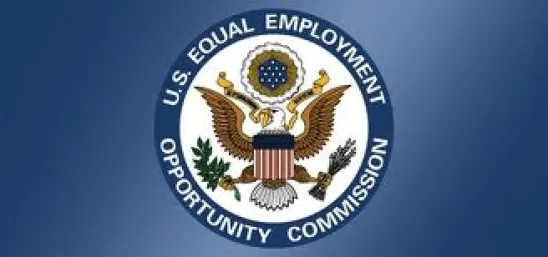On December 20, 2018, the Equal Employment Opportunity Commission (EEOC) vacated the incentive provisions of its final wellness program regulations, effective January 1, 2019. This marks a dramatic reversal from the EEOC’s prior stance and employers again face uncertainty as to their wellness program incentives.
As background, the Americans with Disabilities Act (ADA) and the Genetic Information Nondiscrimination Act (GINA) generally require that disability-related inquiries, medical examinations and requests for health information from an employee or a spouse must be “voluntary.” For years, it was unclear whether any incentives, such as health plan premium reductions, could be offered to encourage employee participation in wellness programs subject to ADA and GINA or whether such incentives would make participation “involuntary.”
 Then, in May 2016, the EEOC published final rules providing that incentives, whether in the form of rewards or penalties, could be offered in amounts up to 30 percent of the cost of self-only coverage to encourage employee participation in a wellness program. The AARP filed suit challenging these rules, and a federal court found in August 2017 that this limit on incentives was arbitrary and didn’t ensure voluntary participation. The court ordered the EEOC to reconsider the regulations but left the incentive limit in place in the meantime to avoid disrupting existing wellness programs. However, the EEOC determined that it would not be able to issue a new rule that would be effective until 2021. The court determined that the EEOC’s proposed timetable was too slow and vacated the 30 percent safe harbor for incentives effective January 1, 2019.
Then, in May 2016, the EEOC published final rules providing that incentives, whether in the form of rewards or penalties, could be offered in amounts up to 30 percent of the cost of self-only coverage to encourage employee participation in a wellness program. The AARP filed suit challenging these rules, and a federal court found in August 2017 that this limit on incentives was arbitrary and didn’t ensure voluntary participation. The court ordered the EEOC to reconsider the regulations but left the incentive limit in place in the meantime to avoid disrupting existing wellness programs. However, the EEOC determined that it would not be able to issue a new rule that would be effective until 2021. The court determined that the EEOC’s proposed timetable was too slow and vacated the 30 percent safe harbor for incentives effective January 1, 2019.
For 2019 and beyond, employers will want to properly structure (or restructure) their wellness programs to ensure compliance with the final EEOC rules. The most conservative approach to this change is to remove all incentives associated with wellness programs that are subject to the ADA or GINA. These include programs with health risk assessments, biometric or lab tests and/or nicotine use tests. However, although there is no longer any guarantee that wellness incentives are permissible up to a specific amount, current law does not expressly prohibit or permit offering incentives to participate in a wellness program.




 />i
/>i


